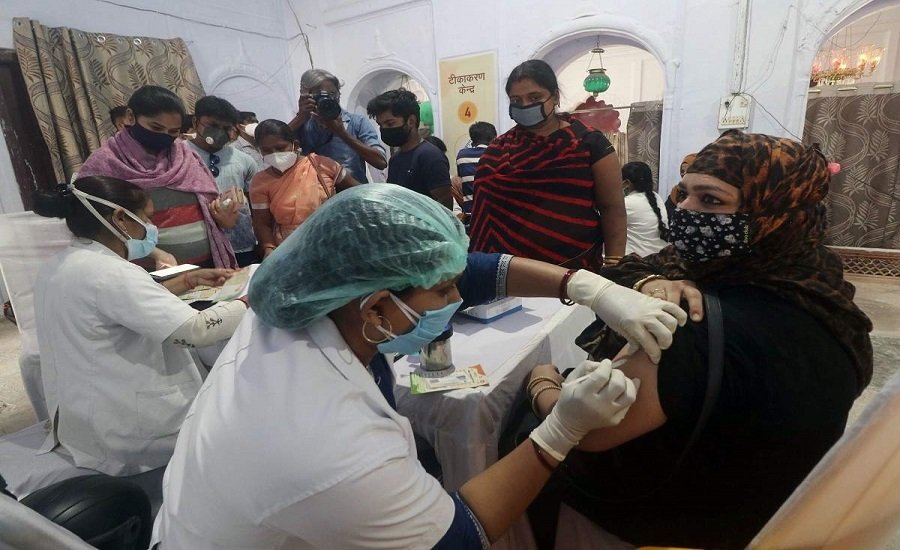
The survey was done to find out if Charter of Patients’ Rights prepared by NHRC was being implemented
Team Clarion
NEW DELHI —About 33% Indian Muslims have said they experienced discrimination at hospitals in the country on account of religion, according to a survey by Oxfam India.
A report in Scroll.in said a total of 3,890 people from 28 states and five Union Territories took part in the survey. The survey was conducted between February 2021 to April 2021 to find the extent to which the Charter of Patients’ Rights prepared by the National Human Rights Commission (NHRC) in 2018 was being implemented.
22% of the Scheduled Castes, 21% of Schedule Tribes and 15% of the backward classes reported discrimination at hospitals, the survey released on Tuesday, November 23, found.
The Scroll.in report cited Anjela Taneja, Inequality, Health and Education lead at Oxfam India, saying the medical practitioners imbibe the same biases as the rest of society, and that these biases sometimes reflect in the ways in which they engage with patients.
“Untouchability is still real, and so, doctors may sometimes be reluctant to hold a Dalit person’s hand to check their pulse,” Taneja, who led the survey team, said. “Similarly, doctors may be reluctant to explain the nature of diseases and treatments to Adivasis, believing that they are not likely to understand the information.”
Taneja acknowledged that Muslim community was vilified during first Covid-19 pandemic lockdown after Tablighi Jamaat event in New Delhi emerged as coronavirus cluster in March 2020. She called the vilification “grossly unfair”.
On Covid-19 vaccine process, the Survey also found that 29% of the respondents had to make multiple visits to the vaccine centre or had to stand in the queue for dose. 22% said they found difficulty in booking a slot online.
12% of those who earned less than Rs 10, 000 per month had not received even a single dose.
The Oxfam survey found that 35% of women had to undergo an examination by a male doctor without a female person present in the room which is a violation of the charter.
A whopping 74% said that doctors suggested prescriptions or advised tests without explaining the nature of the illness to them.
14% respondents said hospitals refused to release bodies of their expired relatives, which was a violation of the charter. In May 2021, during the second wave of Covid-19, NHRC reiterated that hospitals cannot refuse bodies of dead on account of pending bills.
Oxfam India recommended to the Union Health Ministry to set up a mechanism which will review the status of adoption of the charter and urged the government to include the charter in the Clinical Establishment Act which “offers the most robust existing mechanism for regulation of private healthcare systems”.

